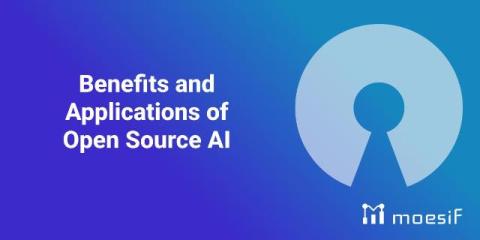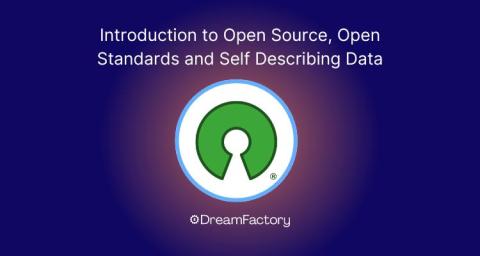Benefits and Applications of Open Source AI
The open-source philosophy and principles have always been about the democratization of knowledge—giving everyone the opportunity to access, learn, modify, and share software freely. As we see AI technologies seemingly taking over our day-to-day lives, we need those benefits in AI as well. Open-source AI inherits the open-source principles. It fosters transparency and collaboration, allowing us to build robust and secure AI systems.





